Indonesia inaugurated its new capital Nusantara on August 17, the 79th anniversary of its Independence Day. However, the archipelago’s $32 billion “capital relocation” project will not be fully completed until 2045 as planned.
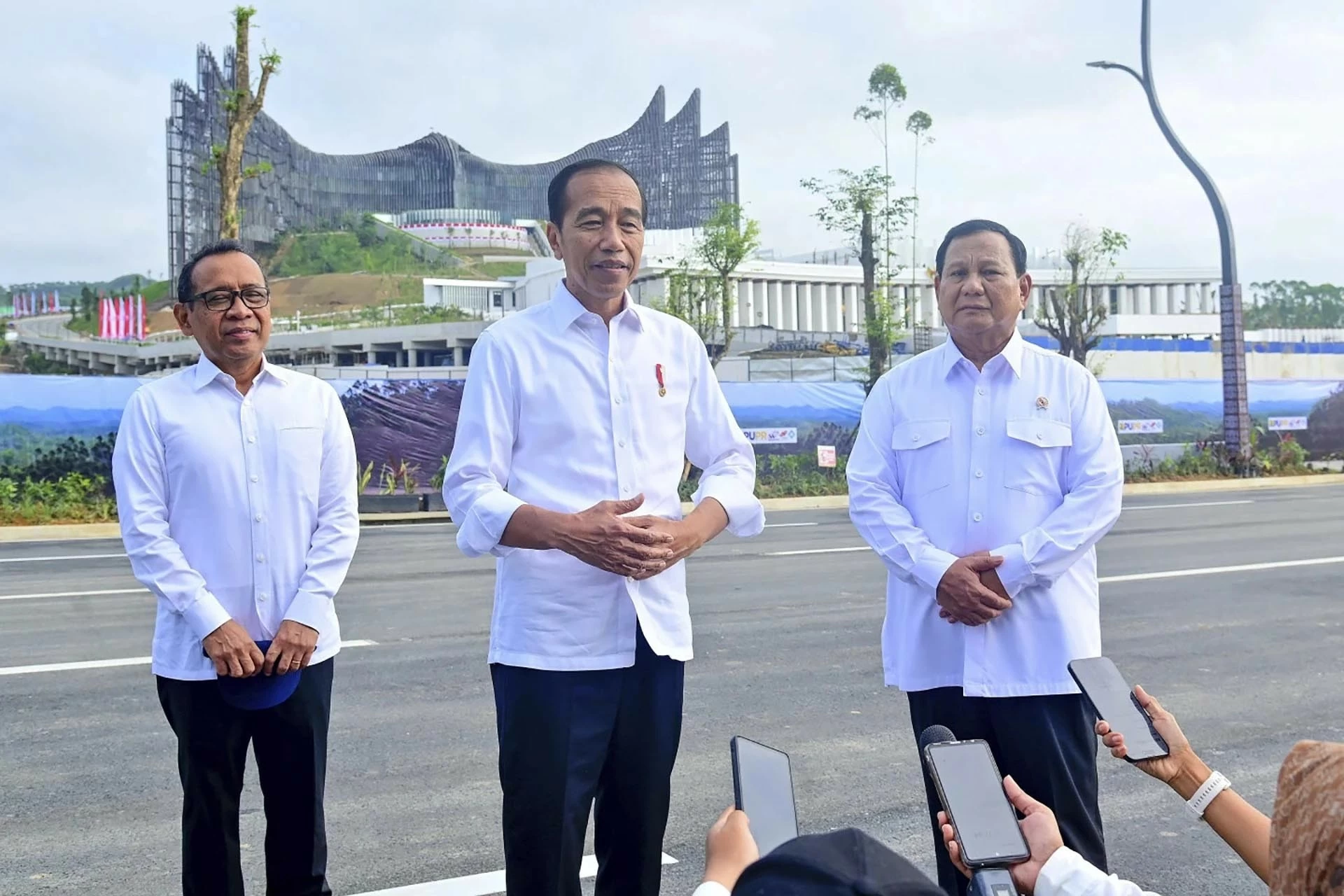 |
| President Joko Widodo (center) speaks to the press at the new capital Nusantara on August 12. (Source: the Jakarta Post) |
On August 12, President Joko Widodo, who is driving the mega project, held his first full cabinet meeting at the Garuda Palace in Nusantara. The meeting was attended by Vice President Ma'ruf Amin and cabinet ministers, including Defense Minister Prabowo Subianto, who was elected President and is scheduled to take office on October 20 in Nusantara.
Mr Subianto has chosen Mr Gibran Rakabuming Raka - President Widodo's son - as his "deputy" and pledged to continue his predecessor's policies, including the new capital project.
Speaking at the meeting, President Jokowi emphasized that the new capital Nusantara marks a new chapter in Indonesia’s history. Not every country has the opportunity or ability to build a new capital “from scratch”.
According to the President, Nusantara has an important strategic position and will promote the balanced development of the Indonesian economy. Stating that the completion of the giant project is not a quick job but a long and difficult process, he pledged to continue to accompany his successor Prabowo Subianto in the process of building the new capital and called on foreign investors to invest in the project.
Nusantara is built in the middle of the forest in the eastern province of Kalimantan on the island of Borneo, about 1,200km from the current capital Jakarta. However, the project is currently facing many problems, especially slow construction and lack of investment capital. The plan to relocate Indonesia's capital was first proposed by the Indonesian Ministry of National Development Planning in early April 2019 and was raised by President Joko Widodo in his State of the Nation Address on August 16, 2019 on the occasion of the 74th anniversary of Indonesia's Independence Day.
The idea of relocating the capital has actually been discussed for decades by different presidents, since the time of the country's first president, Mr. Sukarno. The idea was realized and became urgent under President Widodo.
The plan to “move the capital” comes in the context of Jakarta facing many problems such as environmental pollution, flooding and severe traffic congestion. In addition, due to its low-lying location, Jakarta is often affected by high tides and floods during the rainy season.
Over-extraction of groundwater is causing the city to sink at an accelerating rate. Researchers say North Jakarta has sunk 2.5m in the past 10 years and continues to sink an average of 18cm per year. It is estimated that much of urban Jakarta could be completely submerged by 2050.
Once the capital of the medieval Sunda kingdom, then the port city of Batavia during Dutch colonial times, and then the capital in the 1940s when Indonesia declared independence, Jakarta is now the largest city in Indonesia with a population of about 10 million people, three times larger than the population of neighboring cities.
Therefore, when mentioning the plan to relocate the capital, President Widodo emphasized that the capital is not only a symbol of national identity but also represents the country's progress. The choice of a new capital also demonstrates the country's vision, realizing future economic goals.
According to President Widodo, Indonesia's new capital is designed as a sustainable smart city, with efficient public transport, green water and electricity systems. The Indonesian government aims to make the new capital one of the world's top 10 most livable cities and attract foreign talent, especially from Southeast Asian countries.
Source: https://baoquocte.vn/indonesia-doi-do-ve-dong-kalimantan-282677.html



![[Photo] A brief moment of rest for the rescue force of the Vietnam People's Army](https://vstatic.vietnam.vn/vietnam/resource/IMAGE/2025/4/3/a2c91fa05dc04293a4b64cfd27ed4dbe)
![[Photo] Prime Minister Pham Minh Chinh chairs meeting after US announces reciprocal tariffs](https://vstatic.vietnam.vn/vietnam/resource/IMAGE/2025/4/3/ee90a2786c0a45d7868de039cef4a712)
![[Photo] General Secretary To Lam receives Japanese Ambassador to Vietnam Ito Naoki](https://vstatic.vietnam.vn/vietnam/resource/IMAGE/2025/4/3/3a5d233bc09d4928ac9bfed97674be98)
![[Photo] Prime Minister Pham Minh Chinh chairs the first meeting of the Steering Committee on Regional and International Financial Centers](https://vstatic.vietnam.vn/vietnam/resource/IMAGE/2025/4/3/47dc687989d4479d95a1dce4466edd32)
![[Photo] Ho Chi Minh City speeds up sidewalk repair work before April 30 holiday](https://vstatic.vietnam.vn/vietnam/resource/IMAGE/2025/4/3/17f78833a36f4ba5a9bae215703da710)


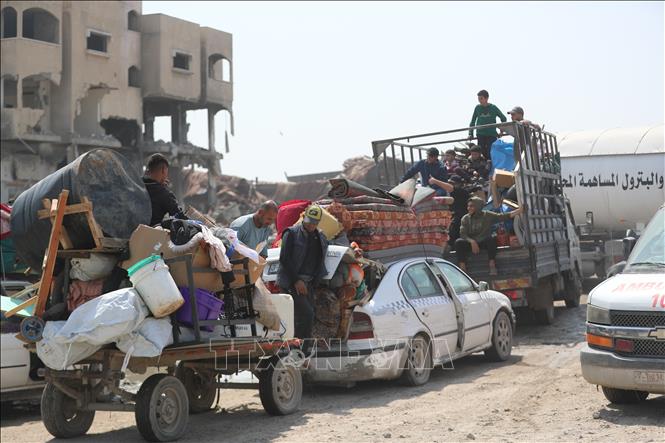






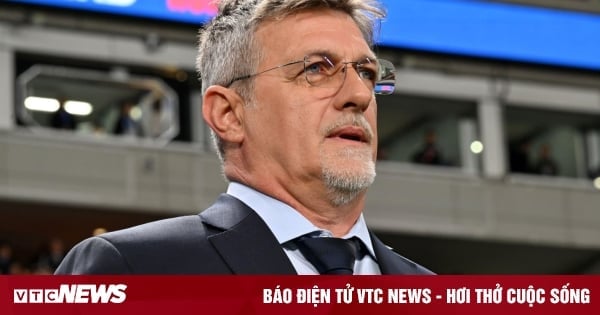
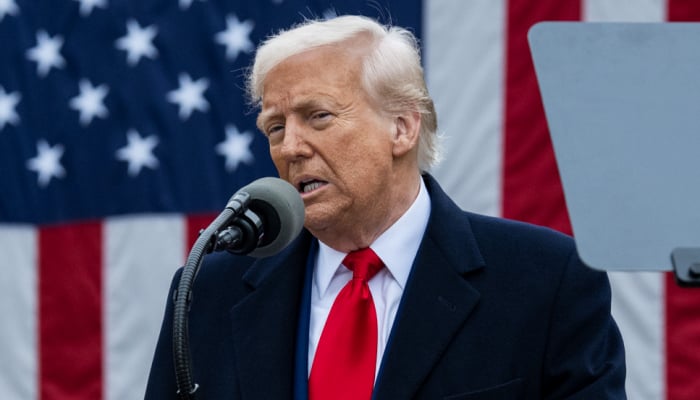


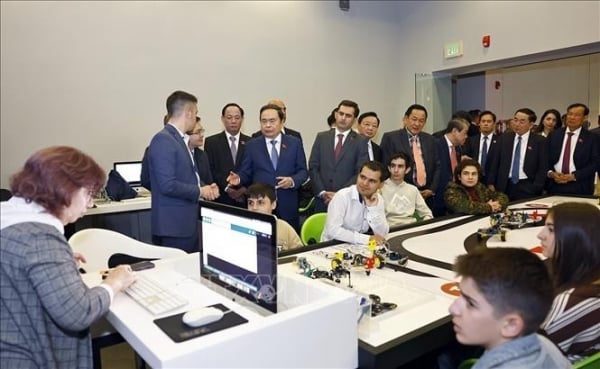
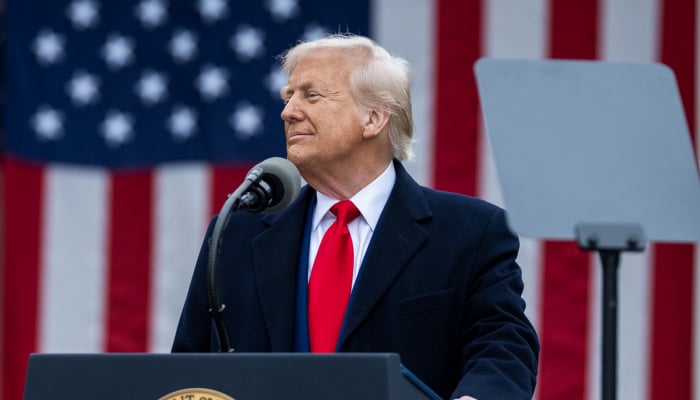
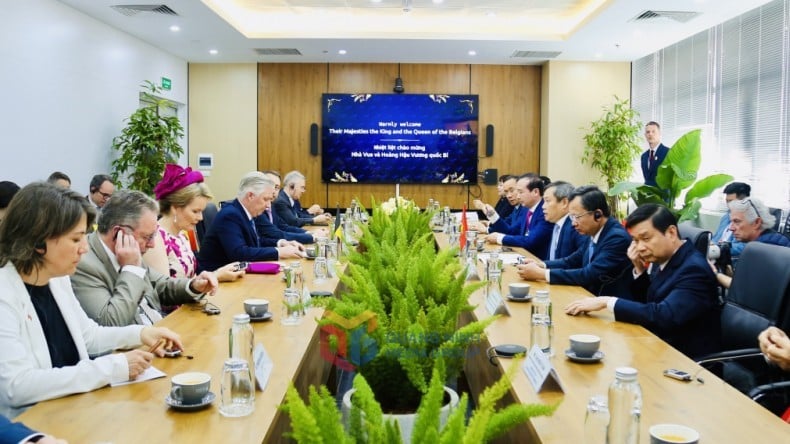




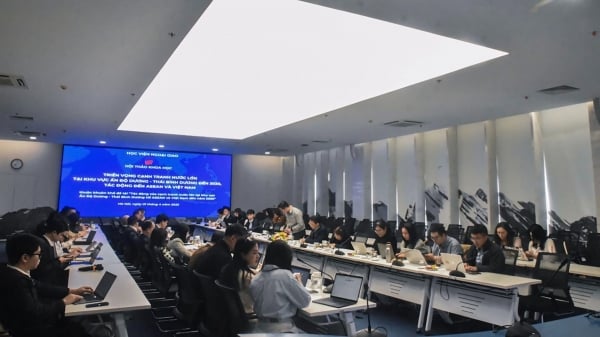
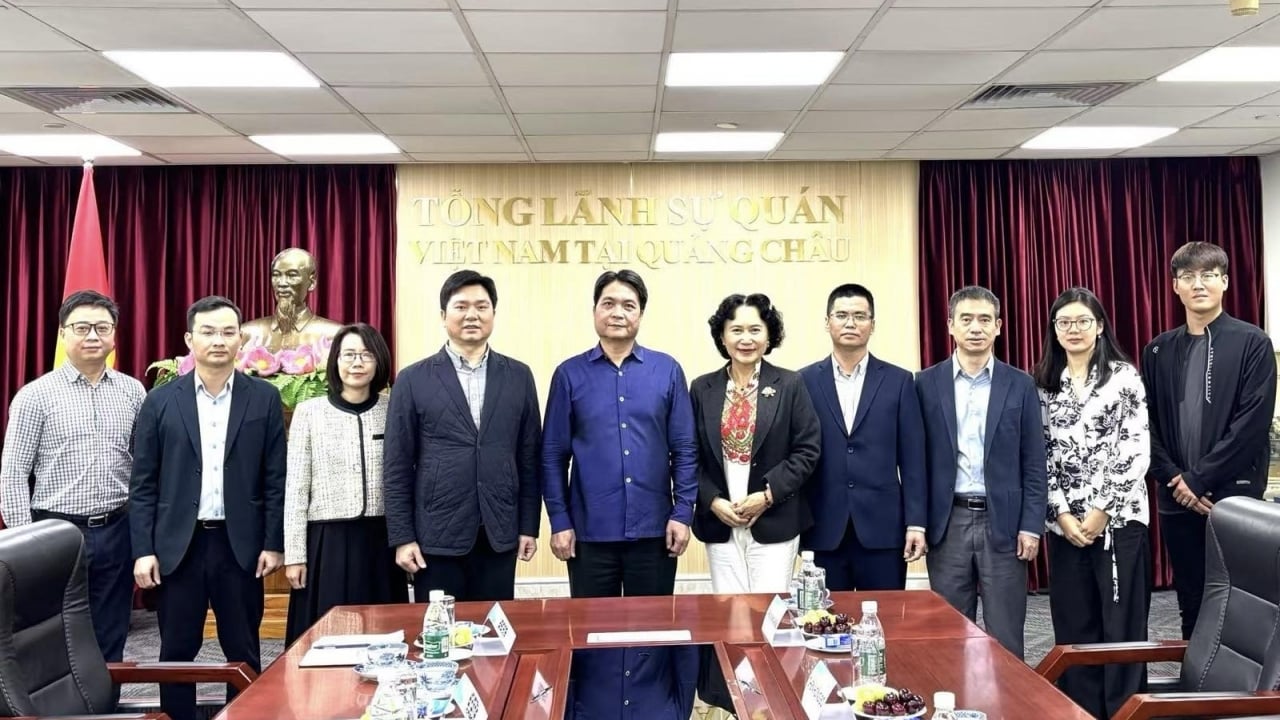
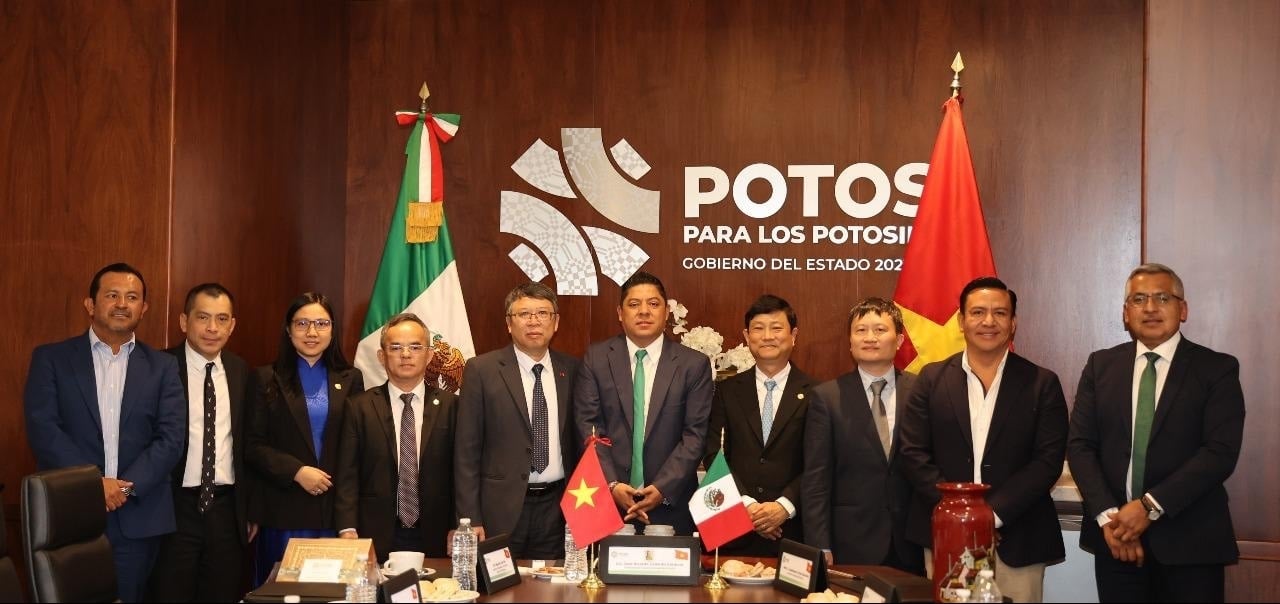
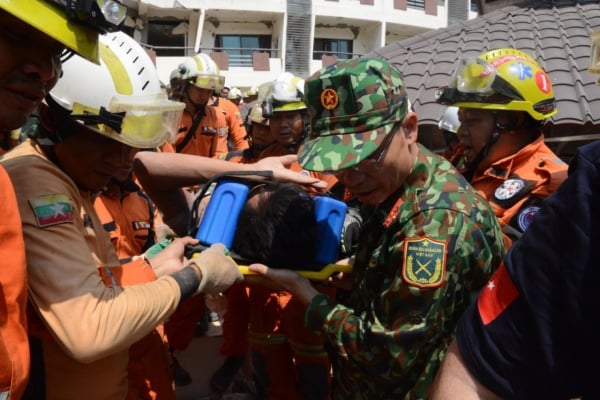

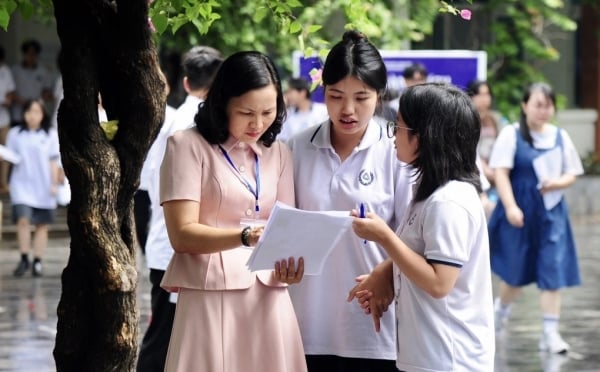











































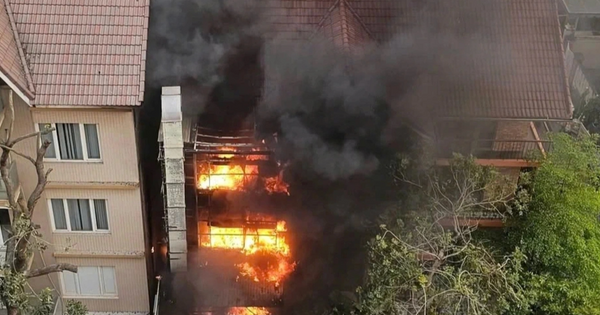

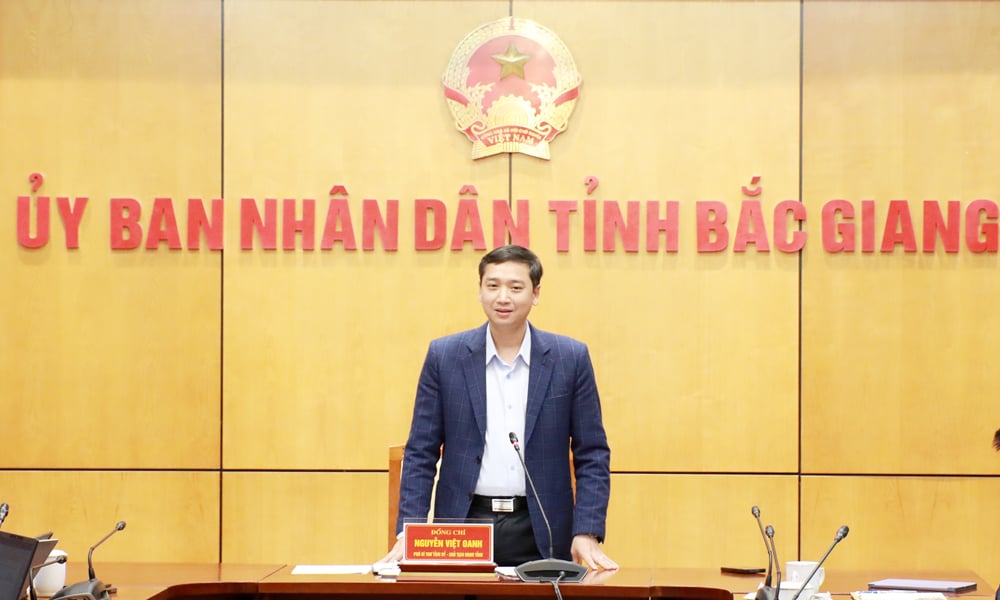

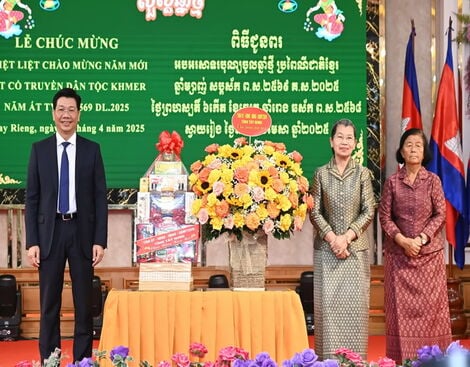
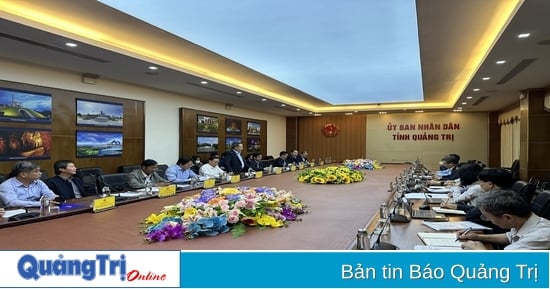
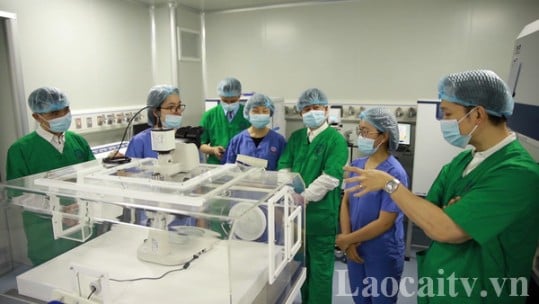
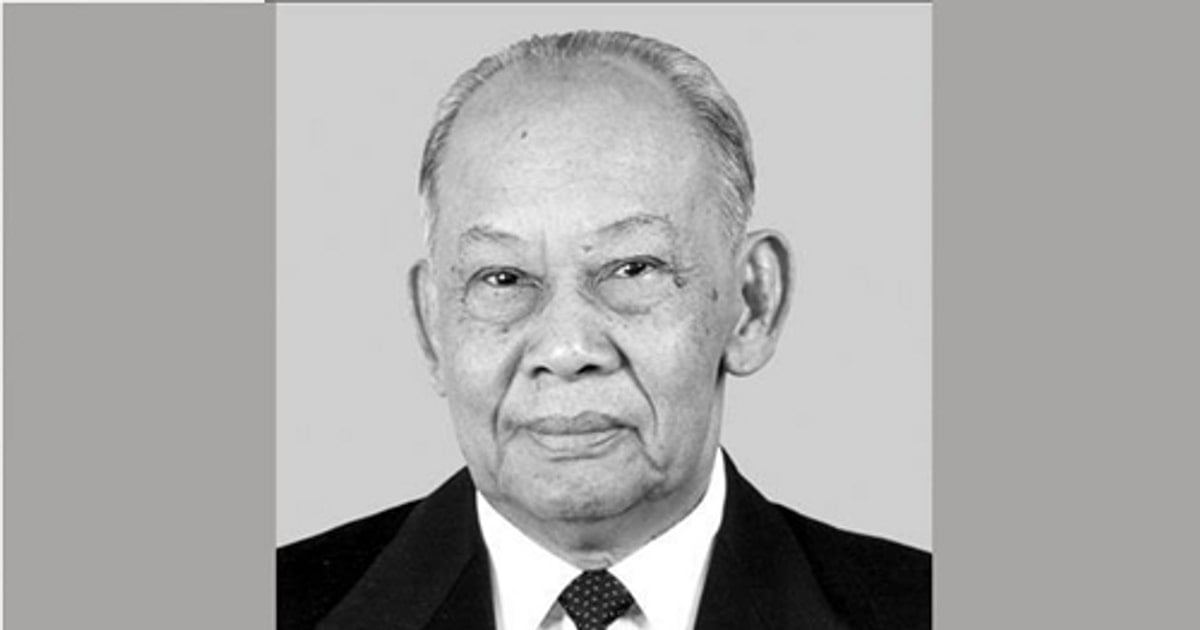











Comment (0)